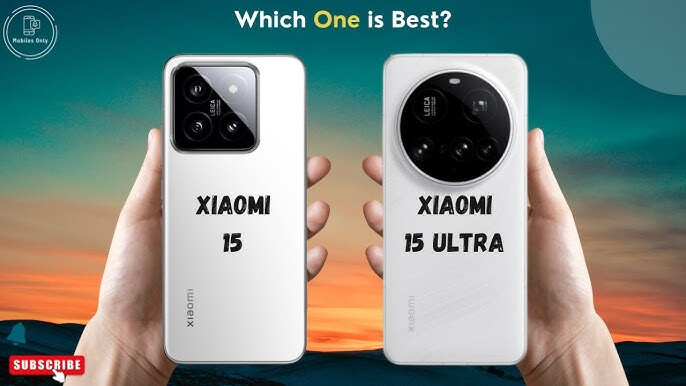
Xiaomi has made significant strides in the Japanese smartphone market, traditionally a challenging territory for Chinese brands, by emphasizing cost-effective devices. The company's recent strategy to open offline stores signals an aggressive push to further expand its market share, challenging established giants like Samsung Electronics and Sony.
According to Xiaomi Korea, the company inaugurated its first physical store in Japan on May 22nd at AEON MALL in Saitama City, with plans to open a second location at AEON MALL in Kawaguchi City on June 5th. Industry analysts view this offline expansion as a strategic move to capitalize on the burgeoning Japanese smartphone market.
Market research firm Counterpoint Research reports that Xiaomi achieved a 6% market share in Japan last year, matching Samsung Electronics and Sony. This marks a significant leap from previous years, where Xiaomi's market share was negligible.
The Japanese smartphone market is dominated by Apple, which holds approximately 49% of the market share, followed by Samsung, Sony, Sharp, and Google. Notably, while other major manufacturers experienced a decline in market share, Xiaomi witnessed unique growth. Specifically, Apple’s share decreased from 53% to 49%, Google’s from 9% to 8%, Samsung’s from 7% to 6%, and Sony’s from 8% to 6%.
Xiaomi's success is attributed to its strategy of offering competitively priced mid-range products, such as the Redmi 14 series (around 100,000 won) and the Poco series (200,000 to 300,000 won). The introduction of high-end devices like the Xiaomi 14 Ultra, equipped with the Qualcomm Snapdragon 8 Gen 3 processor, has also contributed to its market share growth.
Unlike South Korea, where telecom-centric device sales dominate, Japan's robust self-supply market has allowed Xiaomi to thrive with its online sales strategy. This approach has proven effective in Japan, where consumers are accustomed to purchasing devices independently rather than through telecom agents.
Anjeong Sang, an adjunct professor at Chung-Ang University's Graduate School of Communication, explained, “Japan has a self-supply-centered market, which allows various manufacturers to compete, and products can be purchased cheaply online instead of through offline agents. This is why Xiaomi, which has strengthened its online sales strategy, was able to rise rapidly in Japan.” He contrasted this with the South Korean market, where close ties between telecom companies and manufacturers favor domestic brands like Samsung.
In South Korea, Samsung Electronics holds approximately 73% of the smartphone market, while Apple accounts for about 25%. Foreign brands, excluding Samsung and Apple, hold a mere 1% of the market.
Xiaomi’s strategic expansion into offline retail in Japan reflects its confidence in capturing a larger share of the market, building on its success in providing cost-effective and high-performance smartphones to Japanese consumers.
[Copyright (c) Global Economic Times. All Rights Reserved.]






























